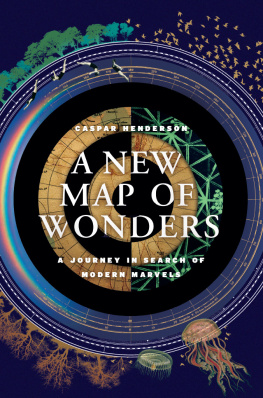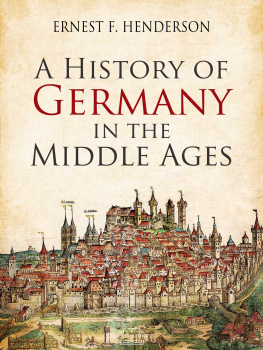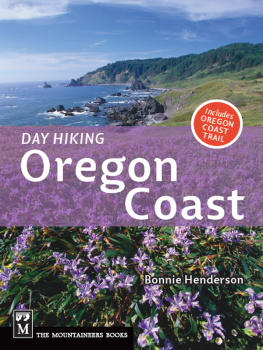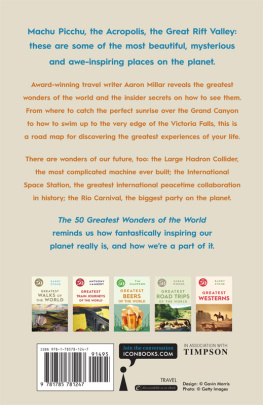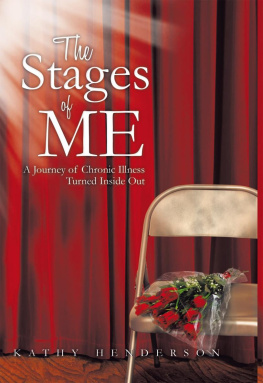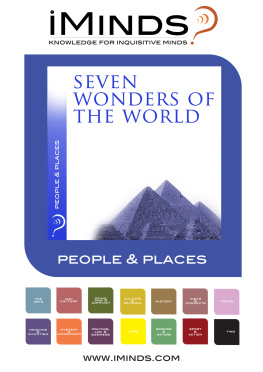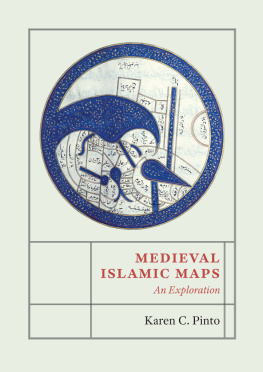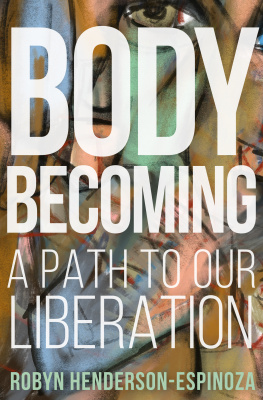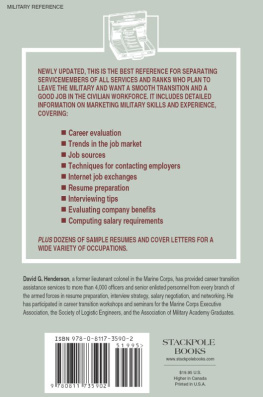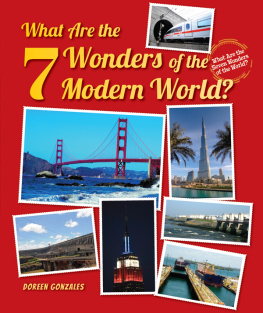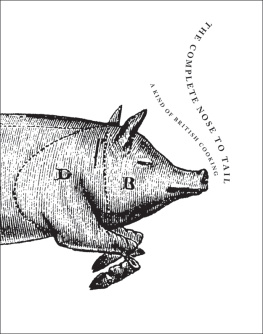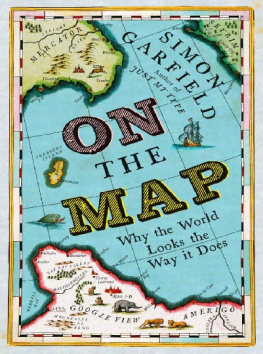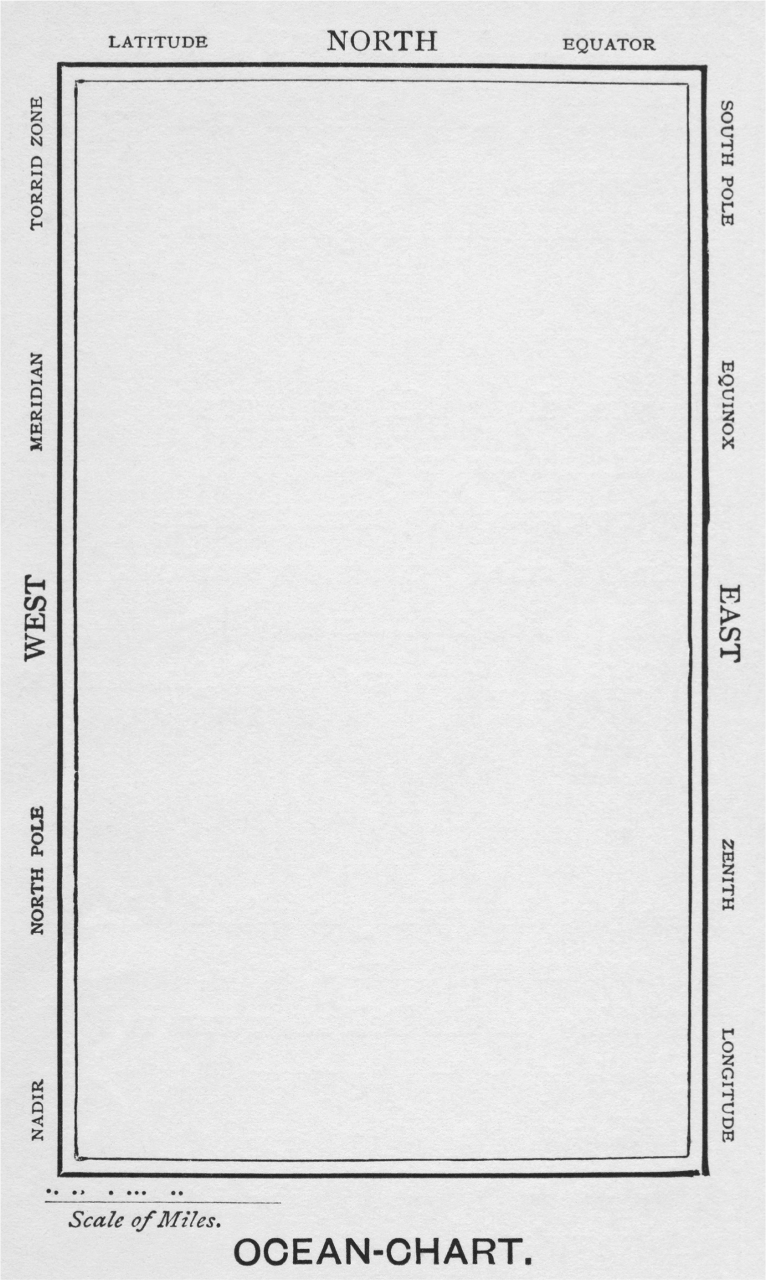Celebrate. Yes, but what?
Friedrich Hlderlin
Why, why do we feel this sweet sensation of joy?
Elizabeth Bishop
O ne morning in early spring I came downstairs with my young daughter to find a brilliant pool of light on the kitchen ceiling. At first I couldnt account for this strange thing, which wobbled, reformed and was momentarily darkened by shadows. Slowly, I worked out what was going on. The Sun, which had been hidden by clouds on many previous days, had broken free and risen high enough to illuminate the windows of a building facing towards it. And those windows reflected the light through the undulating branches of a tree down onto another reflective surface that happened to be angled in just such a way as to bounce the branch-shadowed light up through our kitchen window and onto the ceiling.
Sometimes it takes extreme or unusual circumstances to make ordinary things seem wonderful. In the case of the poet Ko Un, for instance, a postage stamp-sized patch of sunlight on the wall of his cell in the Korean military prison in which he was being held was enough to rekindle a sense of wonder and hope, even as he feared for his life. But there was nothing extreme about my circumstances that morning. I didnt fear for my life. I wasnt in some breathtakingly beautiful or exotic location. It was a bog-standard working Tuesday. Or Wednesday. Or some other day. I forget. At any rate, there was nothing extraordinary about the time and place or, it might seem, the phenomenon. Who hasnt seen sunlight dappling on a wall and wondered how the effect occurs? Who, in the climate in which I live, hasnt felt elated when the sun finally appears after many dark days?
Still, my sense of wonder of being completely awake was exceptional. Being a bit geeky, I knew that the patch of light and shadow-play, so gentle and so alive, was created by trillions of photons (particles of light) flowing from a stupendous thermonuclear explosion tens of millions of miles away. And I knew that those photons were a tiny proportion of a vastly larger number pouring silently onto the planet every second at a speed far beyond anyones power to visualize. As Ko Un writes in another poem, I am gazing at the invisible movements of all things.
The presence of my daughter on that morning made the moment especially joyous for me. She was five at the time, and the patch of light was probably no more and no less remarkable to her than many things that a five-year-old sees in any given week, from postmen to fish fingers. But she saw that her father was laughing, decided that something must be funny, and laughed too. So love was there, and that was wonderful. But it was not the whole story.
Wondering about wonder
The experience in the kitchen set me thinking about wonder itself about what prompts it and how we experience it, about how it elusive it can be, about how there are so many ways in which it can be closed down and destroyed, but also how it can impart a sense of meaning and be constitutive of a life well lived. I decided that all this was worth exploration. A New Map of Wonders is the result.
This book looks into philosophy, history, art, religion, science and technology in search of a better appreciation of both the things we wonder at and the nature of wonder itself. I have no particular expertise, and no qualifications beyond curiosity and stubbornness. I do agree, however, with Samuel Johnson: Nothing will ever be attempted if all objections must first be overcome. And, although have I left out various wonders are linked through the phenomenon of emergence.
I will say more about emergence later in this introduction, but first here are a few observations on the meaning of the word wonder, on its possible history, and on how wonder relates to the great project of trying to understand and be in the world.
The Oxford Companion to Consciousness doesnt contain an entry on wonder though it does have one on wine, and maybe we should take the hint. A standard dictionary is only a little more helpful. A typical definition describes wonder as something that causes astonishment or profound admiration, and wonder as the state of the person contemplating it. Astonishment comes from the Latin for thunderstruck, while admiration and marvel derive from terms that simply mean to look at. (The derivation is unproven, but the word miracle, which is from the Latin mirari to wonder at, marvel, be astonished may ultimately stem from a proto-Indo-European word meaning to smile or laugh.) Wonder is from Old English wundor, but the origin of this word (and its old Germanic root, Wundran) is unclear. Henry David Thoreau suggested a shared root with wander, and others have suggested wound, but such derivations are entirely speculative.
Here is part of a definition that goes a little further. Recalling his experience of an ash tree in the evening sunlight, the philosopher Martyn Evans describes wonder as:
an attitude of altered, compellingly intensified attention towards something that we immediately acknowledge as somehow important something whose appearance engages our imagination before our understanding but which we will probably want to understand more fully with time.
This does, I think, capture an important part of what is often going on when we are filled with wonder. At least it does in my case. As Evans puts it, we recognize or intuit something essential and beautiful (perhaps an underlying structure or order), and we become highly attentive.
Where did wonder start? Has it been part of our experience since the very beginnings of human history? Or does it go back even further than that? A few years ago at Gombe Stream National Park in Tanzania, two chimpanzees were observed to climb separately to the top of a ridge at sunset. There they greeted each other, clasped hands, sat down together and watched the Sun go down, staring for a long time at its fading light. What are we to make of such a report? The primatologist Jane Goodall has few doubts. Not far from that spot she has observed other chimps watch a waterfall and then display and dance extravagantly. She says:
I cant help feeling that [such behaviour] is triggered by feelings of awe, wonder that we feel. The Chimpanzees brains are so like ours. They have emotions that are similar to or the same as [ours] and incredible intellectual abilities that we used to think unique to us. So why wouldnt they also have some kind of spiritual [life], which is really being amazed at things outside yourself I think chimps are as spiritual as we are but they cant analyse it, they dont talk about it Its all locked up inside them, and the only way they can express it is through this fantastic rhythmic dance

